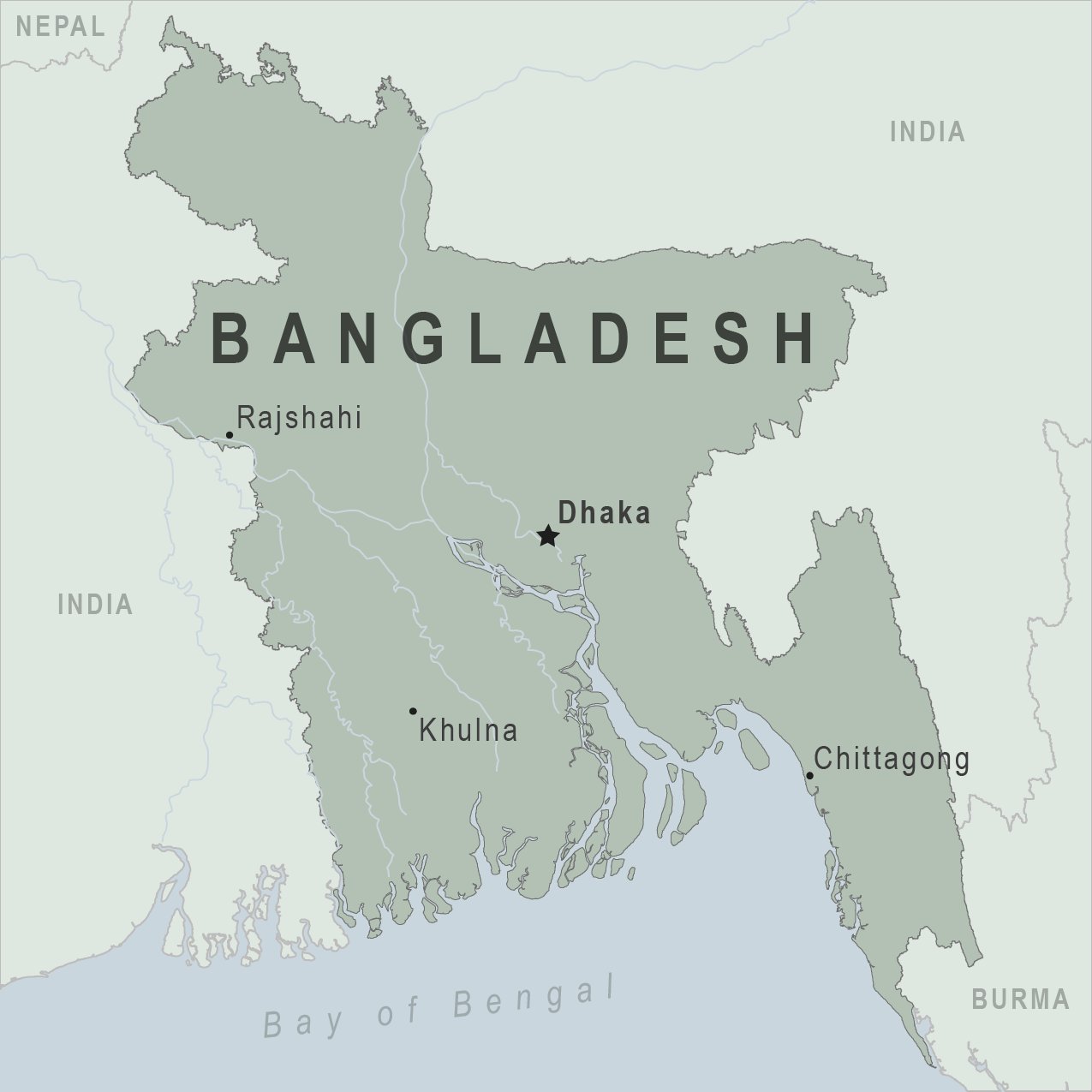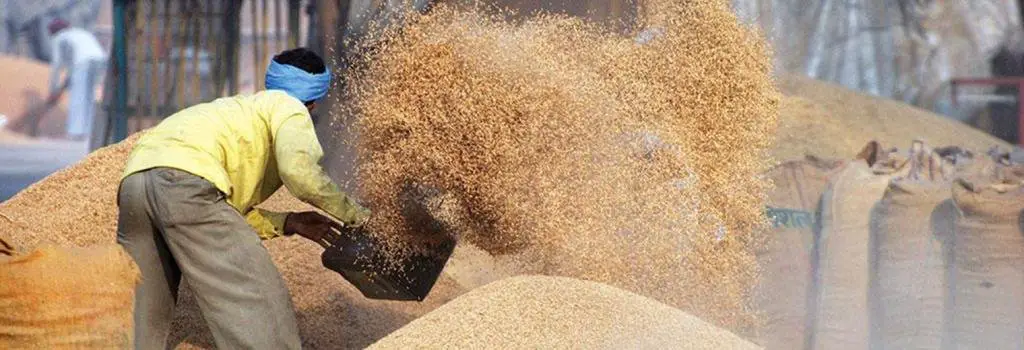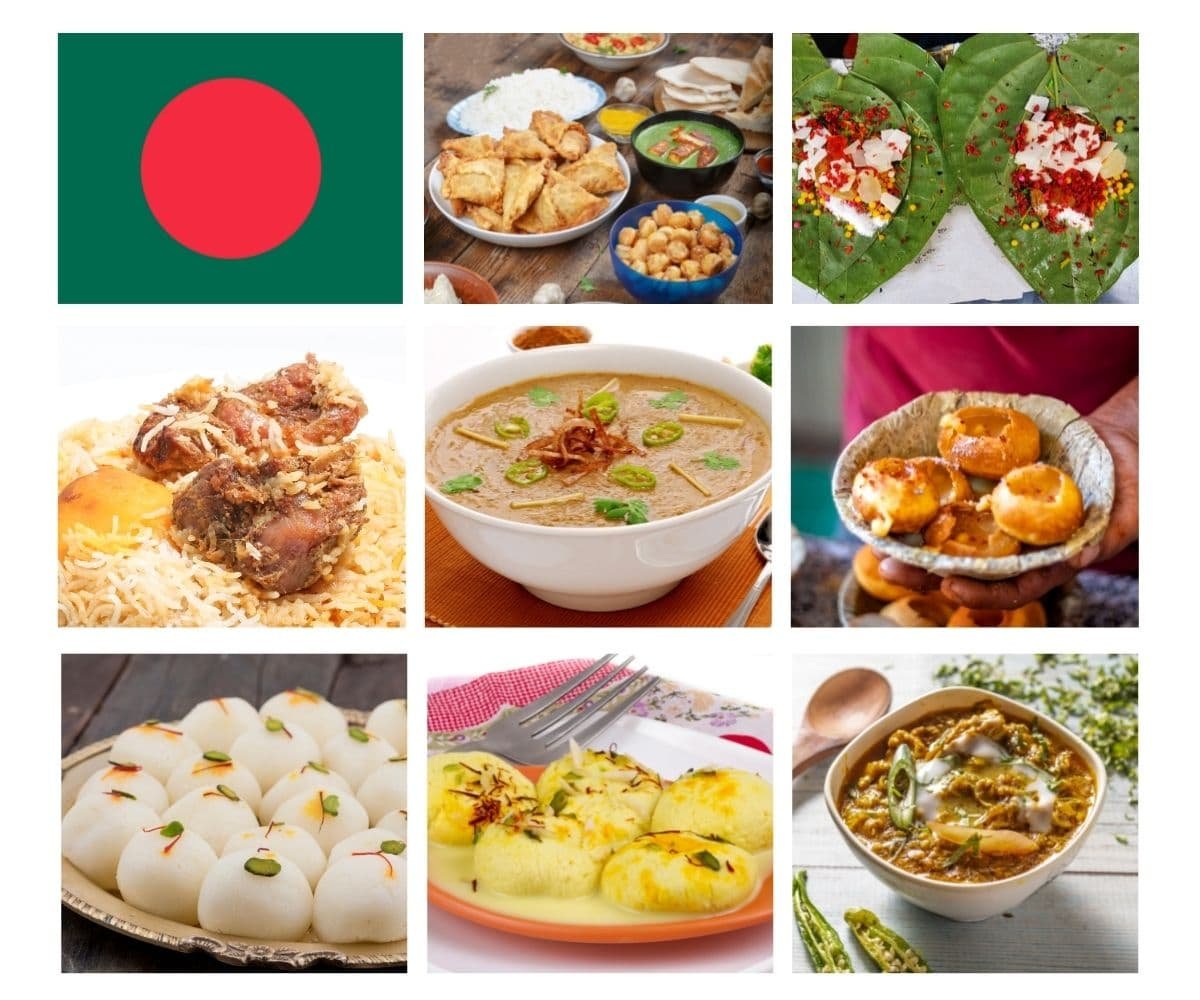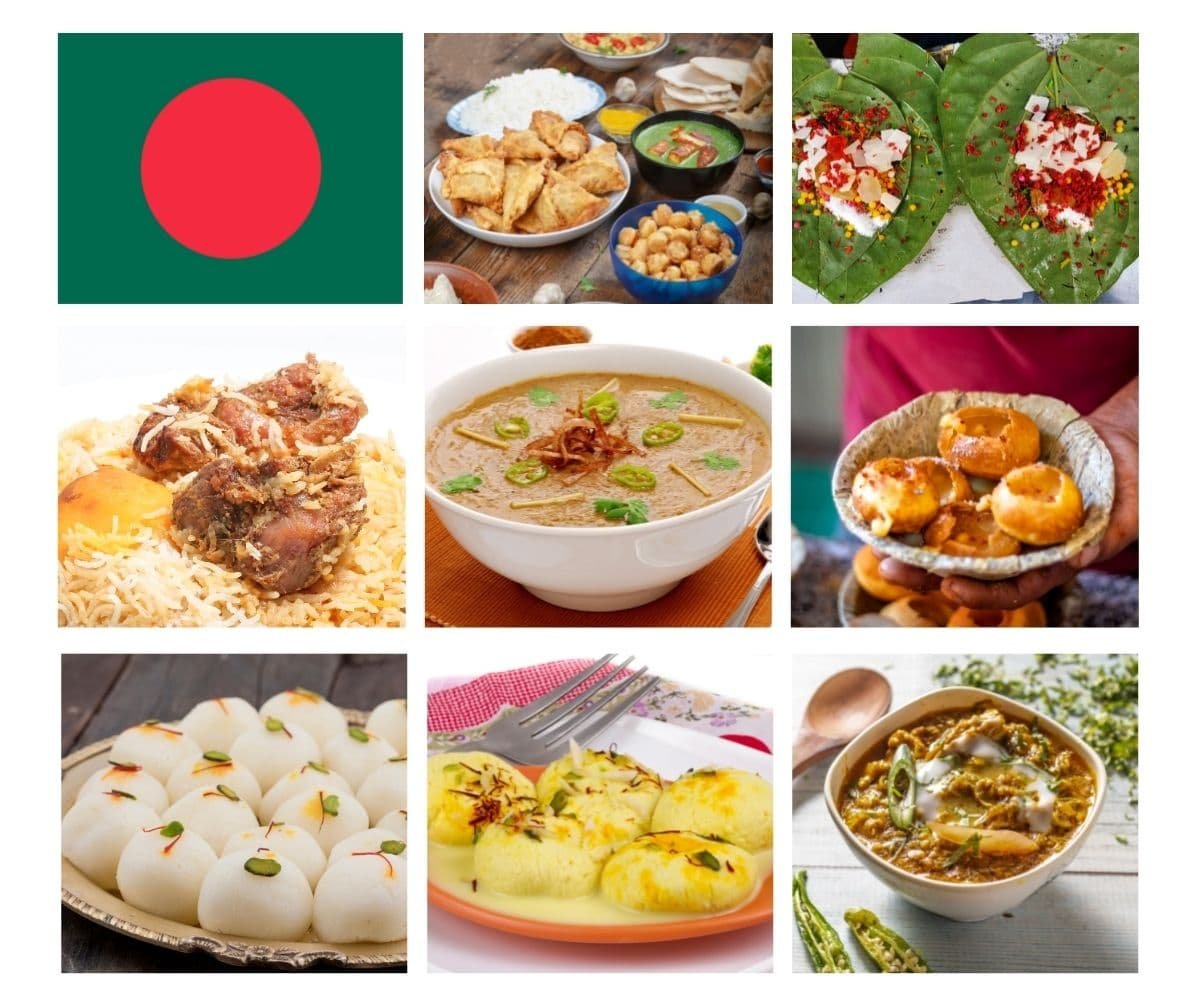Are you planning a trip to Bangladesh and wondering how to avoid food poisoning? Look no further! In this article, we will provide you with some practical tips to ensure your stay in Bangladesh is free from any unpleasant encounters with foodborne illnesses. From choosing safe dining options to practicing proper hygiene, our guide will help you navigate this culinary adventure and make the most of the delicious local cuisine without compromising your health. So, let’s dive right in and explore how to avoid food poisoning in Bangladesh.
How to Avoid Food Poisoning in Bangladesh
Food poisoning is a common concern for travelers, especially when visiting countries with different food safety standards. In Bangladesh, where vibrant street food markets and traditional cuisine await, it’s essential to take precautions to safeguard your health. By following some simple guidelines and being mindful of your food choices, you can minimize the risk of foodborne illnesses and enjoy your culinary adventures in Bangladesh to the fullest.
1. Choose Safe Food Preparation Practices
One of the primary factors contributing to food poisoning is improper food handling and preparation. To ensure the safety of the food you consume, pay attention to the following practices:
- Opt for freshly cooked meals: Choose food that is piping hot and has been cooked recently. Avoid pre-prepared dishes that have been sitting out for extended periods.
- Look for busy food stalls: Select bustling street food stalls as they tend to have a high turnover of customers. This indicates that the food is cooked frequently and reduces the chances of it being left out for too long.
- Observe food handlers: When choosing a food stall or restaurant, observe the food handlers’ hygiene practices. Check if they wear gloves, use separate utensils for raw and cooked food, and maintain clean workstations.
- Ensure proper storage: If you’re purchasing perishable items such as dairy products or seafood, check if they are stored at appropriate temperatures. Milk, for example, should be kept cool.
- Be cautious with salads and raw vegetables: While fresh salads and raw vegetables can be refreshing, they also carry a higher risk of contamination. Ensure that they are thoroughly washed in safe water or opt for cooked vegetables instead.
2. Drink Safe Water
Contaminated water is a leading cause of various gastrointestinal illnesses, including food poisoning. In Bangladesh, it is advisable to be cautious about the water you drink. Follow these guidelines to avoid consuming unsafe water:
- Stick to bottled water: When in doubt, always choose bottled water over tap water. Make sure the bottle is properly sealed before consumption.
- Use water purification methods: If bottled water isn’t readily available, you can use water purification tablets, filters, or boil the water for at least one minute before drinking.
- Avoid ice cubes and uncooked foods with water exposure: Ice cubes may be made from tap water, so it’s best to skip them. Additionally, avoid uncooked foods, such as salads, that may have been washed with tap water.
- Be cautious with beverages: Coffee, tea, and other hot beverages are generally safe as boiling the water kills most bacteria and parasites. However, ensure that the cups or mugs are clean and free from visible contamination.
3. Pay Attention to Food Sources and Establishments
The source of your food plays a significant role in determining its safety. While exploring the food scene in Bangladesh, keep the following points in mind:
- Choose reputable establishments: Opt for established restaurants, food stalls, and vendors that have a good reputation among locals and tourists. Positive reviews and recommendations can indicate their commitment to food safety.
- Look for cleanliness: Assess the cleanliness and hygiene standards of the food establishment. Check if they have clean dining areas, utensils, and ingredients.
- Consider popular food markets: In Bangladesh, popular food markets are often frequented by locals and tourists alike. These markets usually have a wide variety of options, and the competition encourages food vendors to maintain high standards of hygiene.
- Ask locals for recommendations: Engage with locals and seek their advice on safe food options. They can provide valuable insights into the best places to eat without compromising your health.
4. Practice Personal Hygiene
In addition to being aware of the food and water you consume, practicing good personal hygiene is crucial to prevent food poisoning. Follow these hygiene practices to protect yourself:
- Wash your hands frequently: Before eating or handling food, wash your hands thoroughly with soap and clean water for at least 20 seconds. If soap is unavailable, use hand sanitizers with at least 60% alcohol content.
- Carry hand sanitizers and wet wipes: When traveling, it’s helpful to have hand sanitizers and wet wipes readily available, especially when you may not have access to clean water and soap.
- Avoid touching your face: Minimize touching your face, especially your mouth, nose, and eyes, as it can transfer germs from your hands to your body.
- Use clean cutlery and utensils: If you’re eating at street food stalls or local eateries, ensure that the cutlery and utensils provided are clean. When in doubt, carry your own set of reusable utensils.
- Protect your food from insects and pests: Keep flies and other insects away from your food by covering it properly. Insects can carry harmful bacteria and contaminate your meal.
5. Be Mindful of Specific Food Items
Certain food items have a higher risk of causing food poisoning. While enjoying the diverse cuisine in Bangladesh, be mindful of the following:
- Seafood: When consuming seafood, ensure it is fresh and properly cooked. Avoid raw or undercooked seafood as it may harbor harmful bacteria.
- Street food: Street food is a significant part of the culinary experience in Bangladesh. While indulging in street food, be cautious of the food’s freshness, cooking practices, and storage conditions.
- Dairy products: If you’re consuming dairy products, ensure they are pasteurized and from reputable sources. Unpasteurized dairy products can carry a higher risk of bacterial contamination.
- Spices and condiments: Spices and condiments often enhance the flavors of various dishes in Bangladesh. However, be aware that they may be contaminated if stored improperly or exposed to unsanitary conditions.
- Buffets and self-serve stations: When dining at buffets or self-serve stations, select food that is properly heated and covered. Avoid dishes that have been sitting out for a long time.
By following these guidelines and staying vigilant, you can significantly reduce the risk of food poisoning while enjoying the diverse and flavorful cuisine that Bangladesh has to offer. Remember, prioritizing food safety ensures a delightful and memorable culinary journey in this beautiful country.
ফুড পয়জনিং এর ক্ষেত্রে ঘরোয়া চিকিৎসা জেনে নিন ।। How to Prevents from Food Poisoning In Bangla
Frequently Asked Questions
Frequently Asked Questions (FAQs)
What are the common causes of food poisoning in Bangladesh?
Food poisoning in Bangladesh can be caused by various factors such as unhygienic food handling, contaminated water, improper cooking techniques, and poor sanitation in food establishments.
How can I ensure the safety of street food in Bangladesh?
To avoid food poisoning from street food in Bangladesh, it is recommended to choose vendors with clean and well-maintained stalls, observe the food preparation process, ensure that the food is cooked thoroughly, and opt for freshly cooked items.
What precautions should I take when eating out in restaurants?
When dining in restaurants in Bangladesh, it is important to check the cleanliness of the establishment, ensure that the food is prepared and served under hygienic conditions, avoid eating undercooked or raw foods, and opt for bottled water or properly boiled water.
Is it safe to drink tap water in Bangladesh?
No, it is not safe to drink tap water in Bangladesh. It is advisable to drink bottled water or use filtered water for drinking and cooking purposes to avoid the risk of waterborne illnesses.
Can I eat fruits and vegetables without worry in Bangladesh?
While fruits and vegetables are generally safe to consume in Bangladesh, it is important to wash them thoroughly with clean water or peel them before consumption to remove any potential contaminants.
What can I do to prevent food poisoning while traveling in rural areas of Bangladesh?
When traveling in rural areas of Bangladesh, it is recommended to carry your own bottled water, avoid consuming raw or undercooked foods, stick to freshly cooked meals, and maintain good personal hygiene, such as washing hands before eating.
Are there any specific foods I should avoid to prevent food poisoning in Bangladesh?
To reduce the risk of food poisoning in Bangladesh, it is advisable to avoid consuming raw or undercooked seafood, unpasteurized dairy products, and street food that does not meet basic hygiene standards.
What should I do if I suspect food poisoning in Bangladesh?
If you suspect food poisoning in Bangladesh, it is important to seek medical attention immediately. Stay hydrated, avoid consuming solid foods until symptoms subside, and follow any prescribed treatments provided by healthcare professionals.
Final Thoughts
To avoid food poisoning in Bangladesh, follow these simple tips. Firstly, ensure that the food you consume is cooked thoroughly and served hot. Secondly, stick to reputable and clean restaurants or food stalls. Thirdly, opt for bottled water or boiled water to avoid contamination. Additionally, practice good hygiene by washing your hands regularly and carrying sanitizer. Finally, be cautious of street food and raw seafood. By following these guidelines, you can significantly reduce the risk of food poisoning in Bangladesh. Stay safe and enjoy your culinary experiences without any worry!



